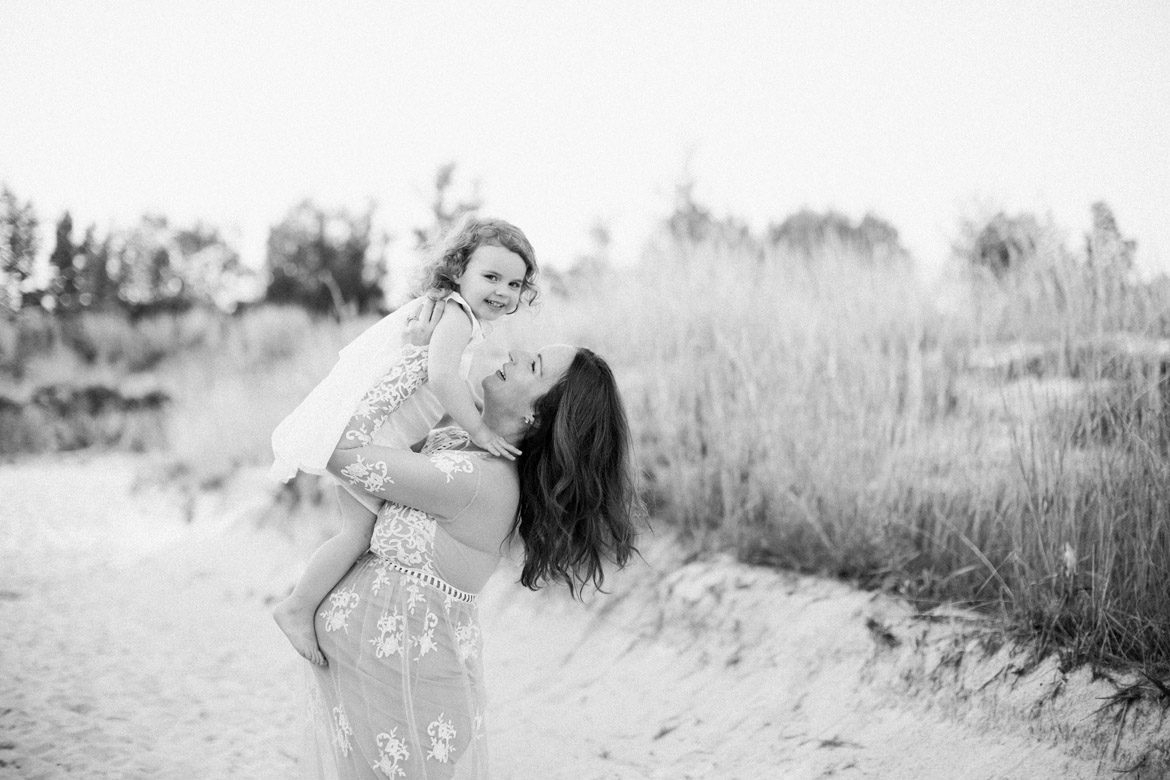By Robin Einzig
There’s a parenting question that comes up perhaps more frequently than any other. We seem to be able to wrap our heads around how to respectfully set limits, offer choices, acknowledge their feelings, understand the differences between natural and logical consequences, even calmly support them through tantrums. But when push comes to shove, there is one thing that stumps us:
“What do I do when they simply refuse to do what I am asking them to do?”
I would reword the question, actually. Don’t get me wrong, I hear you. You’re asking what to do when your kids refuse to pick up their toys, put their clothes on, brush their teeth, clean up a mess they made. I know. I would still reword it. I hear the words that you are asking. And after they go through the filter that is oh-so-handily inside my ears, the question looks a lot more like:
“What do I do when I’m not in control?”
That’s right. Control. We’re all a little obsessed with control, in my opinion. It’s one of those things that falls solidly in the “should” or “have to” category. It’s the lever on the ticker tape machine (oops, I think I’m dating myself) that rolls out endless tape that reads:
“If I don’t make them do it, I’m a pushover.”
“She HAS to. I’m the parent, I have to make her do it.”
“It’s my JOB to teach her. She may be stubborn, but I can outlast her.”
“My life is going to be hell if I don’t insist that they do it. They’ll walk all over me.”
“I am NOT going to have one of those entitled kids who expect their parents to do everything for them.”
“They have to learn responsibility and that actions have consequences!”
“I have to make it clear that I’m in charge. It’s non-negotiable. I’ll sit here until they do it.”
Sound familiar?
What did you think and feel as you read those examples? My guess is that most of you felt some version of “That’s RIGHT!” And you would find a lot of support for that. Yes, even among “gentle” or “respectful” parents and bloggers. Ironically, I’ve found more rigidity among these communities than I might have expected. To me, it looks like a reaction to being seen as “permissive”. We want people to be sure to know that just because we’re respectful or gentle, we aren’t permissive, so we talk a lot about how to get kids to do things, because if we’re tough (and yet still kind), it proves that we’re not the doormats that people make us out to be.
I don’t buy it.
So once again, I find myself in a position of seeing things a bit differently (yeah, it’s my destiny). You know what I think and feel as I read those examples up there? I think that they all sound a bit like we’re dealing with the enemy. They’re adversarial. I’m right, they’re wrong. I know better. They’re just stubborn. I have to break them. I’m The Parent.
Yup. Control.
And fear. Let’s not forget about fear. Fear that we’ll be ineffectual. Fear that our children will grow up to be entitled. Fear that our friends and relatives who think we’re those kooky people who do that “gentle discipline stuff” will laugh and shake their heads at us, either in our presence or behind our backs, or both. Or worse yet, they’ll “tsk” at us, as if to say “Well, if you were more in charge, your kids would have better manners.” Lots of fear in parenting. Yup.
Let’s not forget about fear. Fear that we’ll be ineffectual. Fear that our children will grow up to be entitled. Fear that our friends and relatives who think we’re those kooky people who do that “gentle discipline stuff” will laugh and shake their heads at us, either in our presence or behind our backs, or both.
See, the thing is, I don’t think we don’t have to have that sort of relationship with our children. I know we think we do. But we don’t. It’s a choice. It’s not a non-negotiable. There are other ways. So let’s talk about just one of them. And no, it does NOT lead to children who walk all over you.
Now, before you think I’ve gone completely loony tunes (or – gasp – that I am in favor of permissiveness, which I assure you that I am not), let me say that yes, I do know and accept that our role as parents is to “teach” responsibility, values, helpfulness, manners, self-care, independence, routines, cause and effect, blah blah blah. The problem – and it is a problem – is that these are things that can’t be taught. Well, okay, they can be taught. It’s true, you can make your kid do anything. But the things that you “teach” don’t stick. Not in the way that I want them to at least.
Children do not learn from what we say. They don’t even learn from what we do. They learn from who we are. And they’re always watching.
That’s why I choose to model graciousness.
Now before we go any further, let me just say that, although I have used this strategy for as long as I can remember – first with the children I worked with and then with my own child – I did not come up with this nifty difty little name. I owe that to a wonderful woman from New Zealand, an unschooling mum that I met online in several RIE discussion groups. Whenever this topic would come up, she would be a lone voice. Amid the fifty or sixty comments in which parents gave one another tip after tip about how to get-the-kid-to-do-the-thing, suddenly her name would appear, and next to it, it would say two words: Model Graciousness. There it was. In two words. Perfect. (Thank you, L.)
So this is my answer (now that I have a name for it and all). Model graciousness.
What does it mean?
It means that you demonstrate and model for them the authentic spirit and intention that you wish for them to possess. If you want them to be generous, be generous (yes, of spirit, not just with “things”). If you want them to be helpful, be helpful. If you want them to help without being asked, help without being asked. If you want them to speak softly, speak softly. If you want them to say thank you, say thank you. Always without resentment – because I presume that you don’t want children who resent you. You get the idea.
Yes. It’s really that simple.











